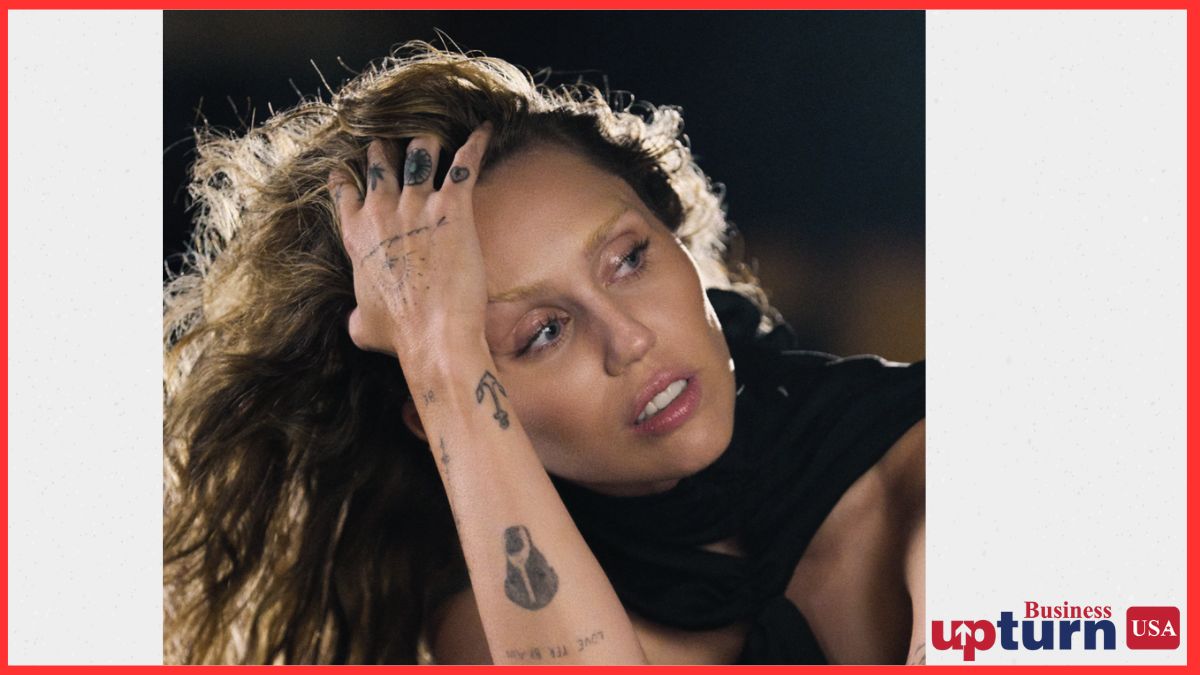Miley Cyrus has never been an artist who stayed in one lane. From the moment she stepped into the global spotlight as a teenager, she proved she could shift, stretch, and rewrite her identity without losing the core of what makes her magnetic: honesty, fearlessness, and artistic instinct. But beyond the iconic albums, the genre-switching, and the cultural conversations she has sparked, Miley Cyrus has also shaped herself into one of the most quietly influential businesswomen in entertainment.
Born Destiny Hope Cyrus on November 23, 1992, she grew up surrounded by music, creativity, and the energy of performance. Her early exposure to the entertainment industry—thanks to her family’s deep musical roots—gave her more than just a head start; it gave her fluency in how show business works. When Hannah Montana debuted in 2006, Miley didn’t just become a teen idol—she became a global franchise. What began as a Disney Channel sitcom quickly grew into a multibillion-dollar empire of tours, albums, merchandise, films, and licensing deals. Even then, at just 13, Miley was learning the mechanics of branding, mass appeal, and the power of an artist’s image.
But Miley’s real business evolution began when she broke away from her Disney persona. She took creative control early—renegotiating her deals, selecting her own music direction, and actively reshaping her public identity. While the 2013 Bangerz era stunned many, it was also a masterclass in brand recalibration. Miley used controversy not as chaos, but as currency. She reclaimed her narrative, proving she wasn’t just a star manufactured by a corporation—she was a strategist who understood audience psychology and media cycles better than most.
Over the years, she expanded her footprint beyond music. Her philanthropic organization, the Happy Hippie Foundation, launched in 2014, reflects her commitment to using her influence intentionally. While not a business venture in the conventional sense, it reinforces her long-term brand identity: bold, compassionate, socially conscious. Miley has also steadily built value through control of her music catalog, partnerships with major labels, and a versatile career that spans television, touring, endorsements, and now a renewed artistic era with Endless Summer Vacation and the Grammy-winning hit “Flowers.”
The business genius of Miley Cyrus lies in how she uses reinvention not as a reset, but as a revenue model. Unlike many artists who risk dilution when they shift personas, Miley’s transitions are assets. Each era—whether country-tinged, pop provocateur, rock revivalist, or soulful balladeer—brought in new audiences while retaining loyal fans who admire her authenticity. The result? A career that has weathered industry changes, algorithm-driven pop cycles, and the volatility of modern fame.
Commercially, she remains one of the few artists whose influence spans streaming, touring, fashion, and global pop culture. Her voice—raspy, unmistakable—became her signature product. Her transparency, both in her art and personal evolution, strengthened her brand in an era where sincerity sells more than perfection. And her willingness to experiment, to be vulnerable, to be loud, to be quiet when needed, built an identity that is as emotionally resonant as it is commercially sustainable.
On her 32nd birthday, celebrating Miley Cyrus means celebrating a woman who has never let the industry define her. She is an artist who learned early how to command the business behind the spotlight—and then used that power to evolve on her own terms.
Miley Cyrus is not just a pop icon. She is a blueprint for longevity in a world built on reinvention. Happy Birthday to the woman who keeps proving that the boldest business decision is simple: be exactly who you are.

